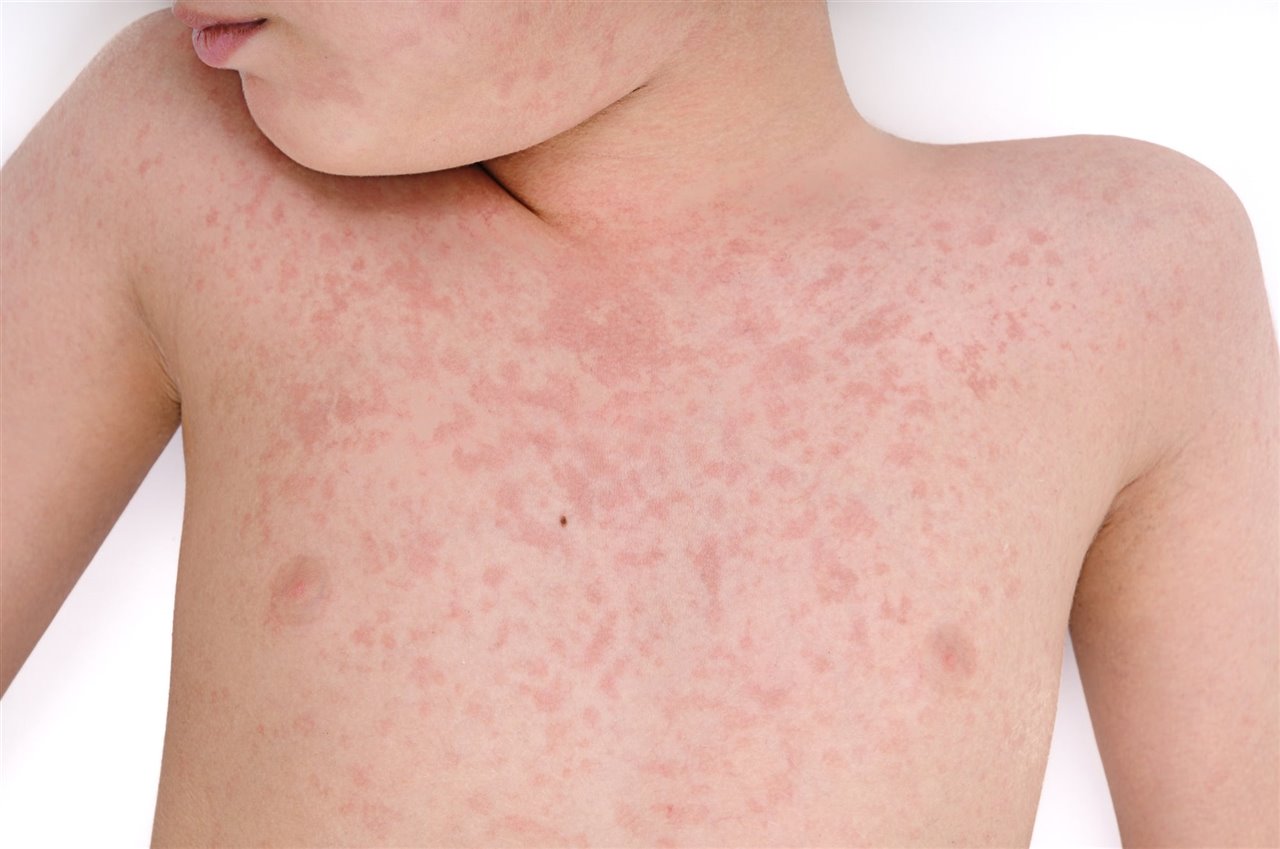A five-year-old boy who attended school near Buseo has died after being diagnosed with scarlet fever. There are five confirmed cases in four schools in Montevideo, reported junior technical inspector Yvon Constantine, who clarified that “there is no epidemiological outbreak”.
“Strep cases are expected to increase depending on the time of year,” the Ministry of Public Health (MSP) reports. “Group A strep is a group of bacteria that can cause mild infections such as pharyngitis or scarlet fever, as well as Less common serious illnesses.”
The Ministry of Health explained that the minor’s death was due to “an infection caused by Streptococcus pyogenes, a bacterium that causes infections in children, adolescents and adults with possible severe or mild clinical manifestations such as pharyngitis or scarlet fever.”
The Ministry of Health, through the Department of Health Inspection (DEVISA), was informed of the outbreak and took appropriate measures: it contacted the Education Center, which provided corresponding prevention advice and actively monitored the situation.
These infections are spread through respiratory droplets or through direct contact with an infected person who talks, coughs, sneezes, or touches an infected surface (and then puts their hands in their mouth) or by sharing glasses, plates, toys, or other utensils ) to spread bacteria.
It usually takes 2 to 5 days for someone exposed to Group A strep to develop pharyngitis or scarlet fever.
Symptoms of pharyngitis include:
Sore throat, fever, headache, abdominal pain, nausea and vomiting, redness of the throat and tonsils, bad breath, and swollen lymph nodes in the neck.
The most common symptoms of scarlet fever are:
Redness, sore throat, fever (38.3°C or higher), a sandpaper-textured red rash, dark red skin in the creases of the armpits, elbows, and groin, and white moss on the tongue or base of the tongue. Throat, raspberry tongue, headache, nausea or vomiting, swollen glands, body aches.
If you experience some of these symptoms, it’s important to talk to your healthcare provider for prompt diagnosis and to avoid self-medicating with antibiotics.
To prevent strep throat and scarlet fever, it is recommended to:
Cover your mouth when you cough or sneeze, use a mask, wash your hands frequently, avoid sharing glasses, bottles, cutlery, towels and other personal items, ventilate the environment every day, clean and disinfect surfaces and toys, and avoid overcrowding.
Children with respiratory symptoms, including sore throat, should not attend educational or sports centers or social gatherings. To resume activities after having strep throat or scarlet fever, the child must have been symptom-free for more than 24 hours and have been receiving antibiotics for more than 24 hours.

